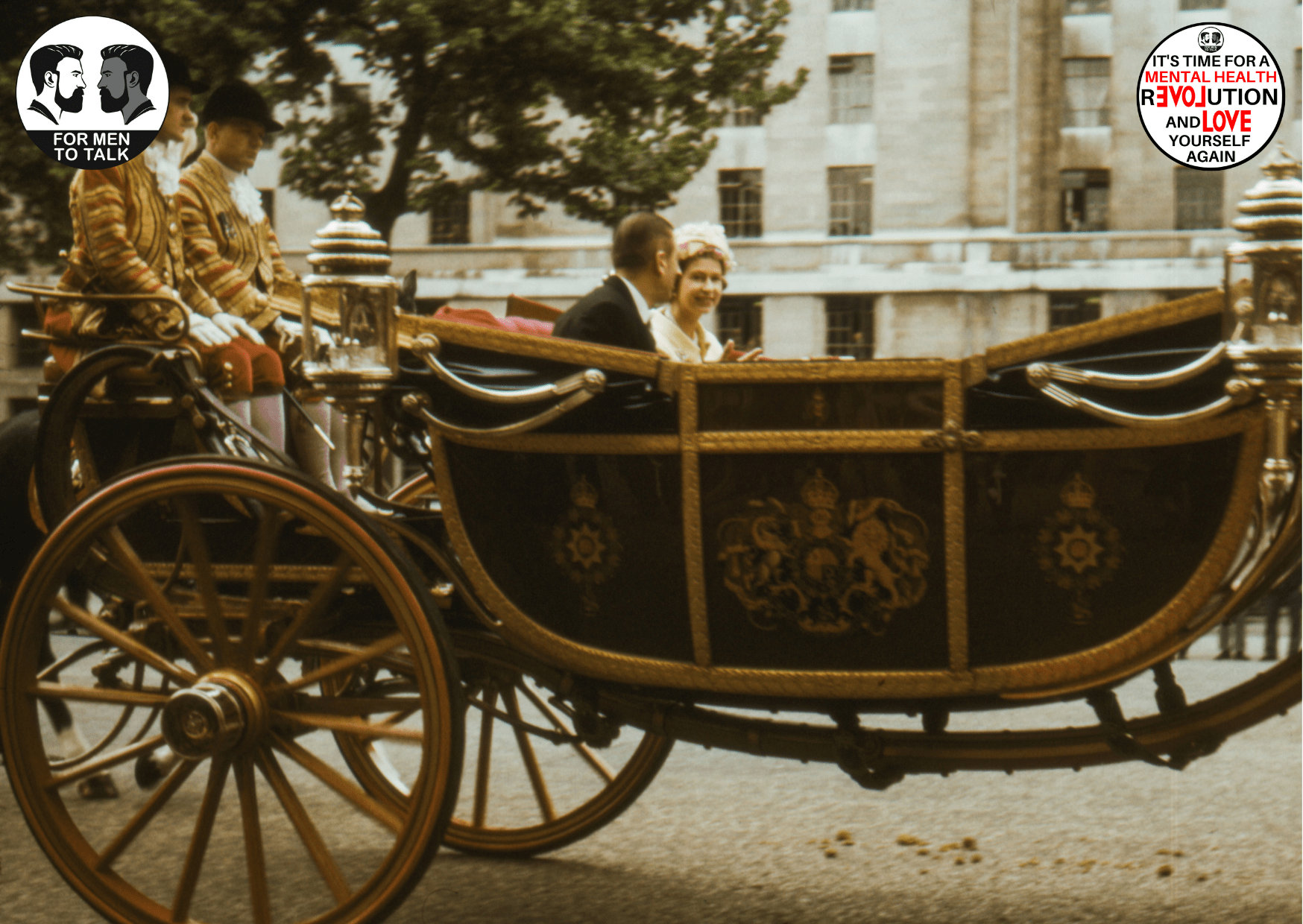Grieve for Her Majesty the Queen

Queen Elizabeth II passed away on 8 September 2022 and social media, telephone calls, and messages were flooded with sadness. Not just in the United Kingdom, but globally.
The 96-year-old monarch ruled for 70 historic and incredible years. Immediately after the news broke at 6.30pm, men, women, boys and girls, from all different races and countries gathered outside Buckingham Palace, Balmoral Castle and Windsor Castle in collective sadness and shock.
Some people don’t agree with the monarchy. Many resent the amount of money spent on the Royal Family and many haven’t forgotten the atrocities such as the Mau Mau Rebellion, Chuka massacre and the Hola massacre, as well as stealing precious resources and art that African nations still have not recovered, nor been reimbursed for.
But regardless of how you feel about Queen Elizabeth II and the Royal Family, you’ve probably felt a similar sense of loss after a beloved celebrity, musician or sportsman has died. Grieving for someone you’ve never met isn’t unique and can leave us upset, anxious or even anger if the event is sudden and tragic.
The Queen has played an important part in the life of the nation and most of our lives. As the ‘Head of State’, she undertook constitutional and representational duties which have developed over a thousand years of traditional history.
The Monarch has been the ‘Head of the Nation’, acting as a focus for national identity, unity and pride for those 70 years. She has given the UK a sense of stability, especially in crisis and had to oversee dramatic social and political changes, comforting the nation when required.
Now that she has passed, that stability has gone and needs to be re-secured by King Charles III. Although the UK knows a lot about his views, his interests and what he thinks is important, such as conservation and climate change, it will take a while for the public to re-adjust to something or someone different that they have known for all these years. Some don’t like change.
Queen Elizabeth has left a lasting mark on people. We didn’t know her personally, but there’s no doubt whatsoever that her work has left a positive imprint on minds, hearts and memories of many. The emotional bond of such an influential person is based upon the love and support given during the good and the bad moments of their lives and those people are grieving for her loss.
Over the 11 days after her death, we saw literally thousands of people visit the Queen lying in state at St Giles’ Cathedral in Edinburgh and at Westminster Hall, London and thousands more lined the streets of London and Windsor on the day of her funeral. Not only was she a Mother, Grandmother and Great-Grandmother to the Windsor family, she was the symbolic Mother for many countries. Many saw this as an opportunity to thank, honour and grieve for her in her passing. Others did that from their homes and even in their churches for comfort.
It’s hard not to get emotional when seeing the members of the Royal Family visibly upset or even the Queen’s beloved pets, her corgis Mick and Sandy and her pony Emma, awaiting the procession carrying her coffin could bring a tear to the eye.
When the Imperial State Crown, the Orb and Sceptre were removed from their place on her coffin, it symbolised an end of a truly remarkable era in history and the start of a brand new one.
Now that Queen Elizabeth II has rejoined her beloved husband of 73 years, the Duke of Edinburgh, it may feel like losing a dear friend or a member of your only family and it may take a while for some to heal and move on.